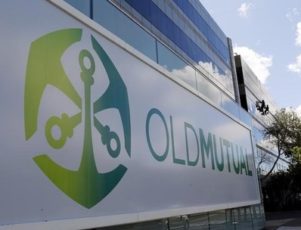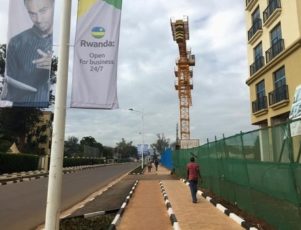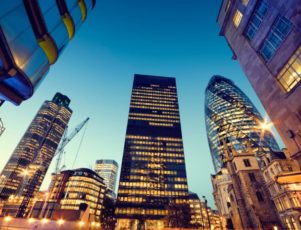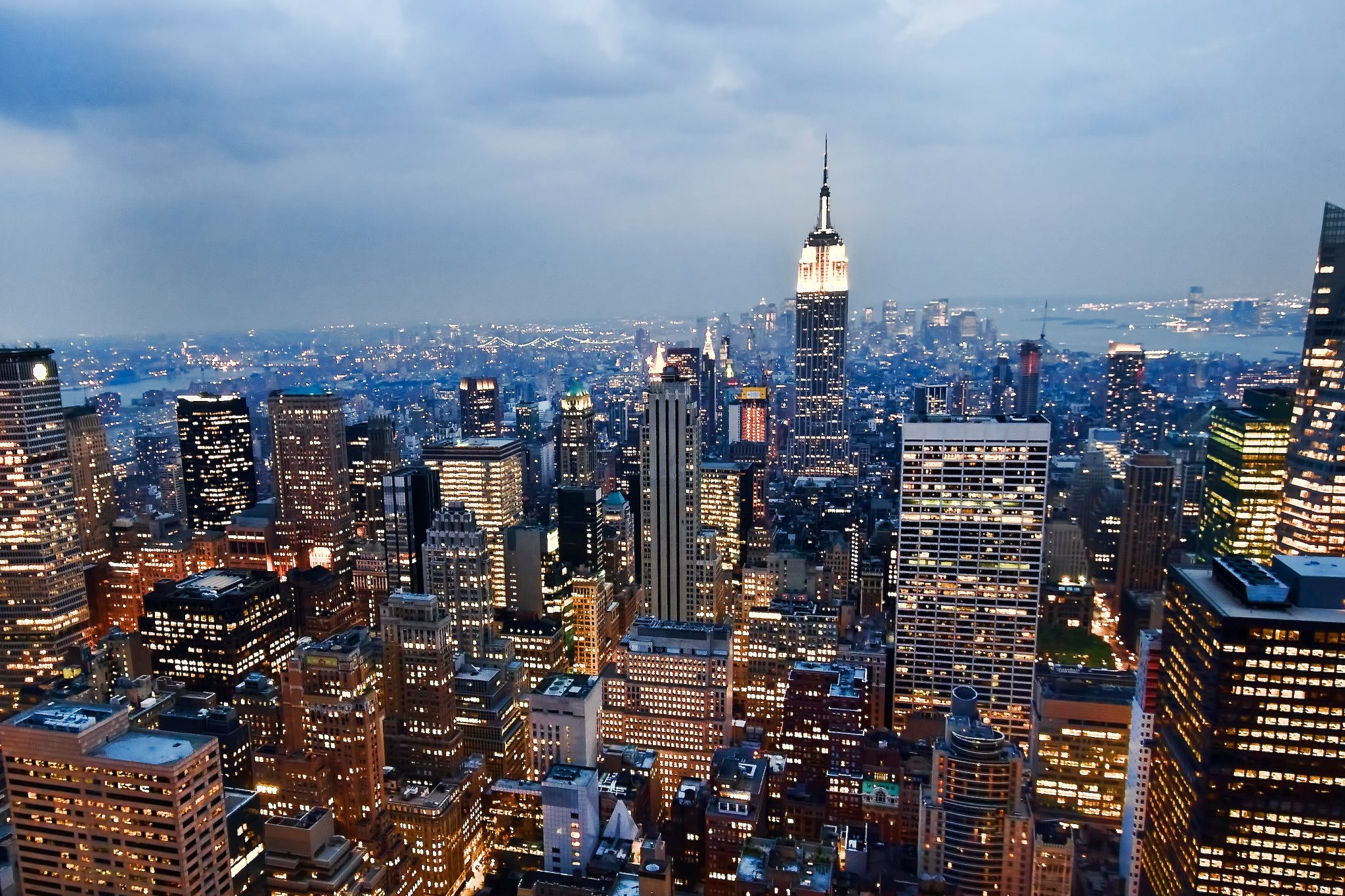KIGALI (Reuters) – When property consultant Simon Ethangatta set up in Rwanda’s capital in 2011, the view from his office was of tin shacks overlooked by modest suburban homes on the wooded hillsides.
Now, some of the slums have made way for mirror-glass office blocks while smart houses spring up beyond in Kigali districts which were once littered with corpses during the 1994 genocide.
“It’s changing so fast,” said Ethangatta, a Kenyan. “These guys are so ambitious.”
To the government, this is proof of Rwanda’s dramatic recovery in the two decades since 800,000 ethnic Tutsis and moderate Hutus were butchered by Hutu extremists.
But the pace of change – part of a ‘Vision 2020’ plan to turn one of world’s poorest states into a middle-income country by the end of the decade – is starting to reveal the risks of going too far, too fast.
As imports are sucked into a nation dependent on farming, foreign aid and modest mineral exports, the Rwandan currency has fallen, some banks are turning cautious on property lending and economic growth – while still strong – has slipped.
All this is threatening to take the shine off President Paul Kagame, a former rebel who masterminded the revival but has drawn criticism from Rwanda’s tiny domestic opposition as well as foreign governments for changing the constitution. This could allow Kagame, who has already effectively run the country for more than 20 years, to stay in power until 2034.
“If people start to question whether he can deliver, there will be trouble,” said one Kigali-based diplomat.
APPETITE FOR IMPORTS
The authorities dismiss such worries and point to the record of change. In the last decade, the economy grew at an average rate of 8 percent a year, one of the fastest in Africa.
This week, hundreds of foreign visitors are attending the World Economic Forum on Africa in Kigali, where four international hotels – two Hiltons, a Marriott and a Radisson – will open in the next three months.
Hundreds of new homes are coming on the market worth $500,000 each – a huge sum for a country where most of the 11 million population are subsistence farmers and the per capita income is just $730, far short of the $1,045 that the World Bank defines as middle income.
The appetite for cars, household appliances and smart phones from an emerging middle-class is adding to the import bill, just as mineral exports have been hit by a downturn in global commodity prices, shrinking dollar income.
Rwanda’s franc weakened 11 percent against the dollar in 2015 and the central bank expects a further 8 percent drop this year. Foreign currency reserves are under pressure, with one diplomat saying they were worryingly low and sufficient to pay for just 3.2 months of imports. The central bank does not publish timely reserve figures.
“Rebuilding reserve buffers will be critical to enhance the country’s resilience to future shocks,” the International Monetary Fund wrote in January.
In a report in April, it said growth remained robust at 6.9 percent in 2015 but cited a “significant loss” of commodity export revenues among challenges facing the land-locked country.
Rapid growth in commercial credit, much of it to fund housing and construction, has also raised fears of a bubble.
Central Bank Governor John Rwangombwa told Reuters he was watching lending levels for signs of overheating.
“For now we don’t see any big challenge because the performance of these loans is still fair,” he said, adding that non-performing loans – where borrowers are significantly behind with repayments – stood at 6.2 percent of total lending in December, a slight decrease from 2013.
TIGHT CONTROL
But if a bubble were to burst, this could shake the social compact of rising living standards that has maintained Kagame’s grip on power since his rebel army marched into Kigali in 1994.
Diplomats said a referendum vote last year that approved the constitutional change was pushed through with limited debate and the government offers too little room for opposition.
“It’s a very tightly controlled regime. Anybody steps out of line, it’s prison – or worse,” another Western diplomat said. “The Kagame lustre has definitely worn thin.”
Two former senior military officers have been sentenced to up to 21 years in jail on charges of inciting the public to cause an insurrection and links with exiled critics of the president.
Rwanda has denied any involvement in attacks on exiles, including a former spy chief who was killed in 2014 in South Africa, but have called them traitors who should expect no forgiveness or pity.
Kagame himself points out that the constitutional change won 98 percent backing in the referendum.
“If some people seek to stay in power when their people don’t want them – and it has happened, I’ve seen it in Africa – that will always end in a disaster,” he said earlier this year. “Is it the same case with Rwanda? I’m telling you no.”
While the nation still depends on aid for about 40 percent of its annual budget, officials say the economy remains on track.
Credit handed out by Rwandan banks, led by Bank of Kigali, the largest domestic lender, rose 26 percent year-on-year in December, much of it in the form of mortgages.
Some people are less sanguine than Rwangombwa about the rise in mortgages, which estate agents say typically charge a hefty 17 percent annual interest and usually account for 70 percent of a property’s value.
The Independent, a weekly business magazine, reported that 100 small hotels closed last year after failing to repay bank loans. Some bankers have grown wary of bricks and mortar.
“We are being very careful about lending to the construction sector,” one senior executive at a foreign-owned bank said, asking not to be named for fear of offending the government.
(By Ed Cropley. Editing by Edmund Blair and David Stamp)
Read more




 As mentioned, location is a crucial factor, and it comes as no surprise that some of the world’s major conurbations are the primary beneficiaries of this surge in spending. London leads the field, with US$2.8 billion spent on commercial property in the first 6 months of 2015, with Hong Kong (2.4 billion) and New York (1.1 billion) following in its wake. It is worth noting however that if we examine total real estate investment rather than just that originating in the Middle East, New York is leagues ahead of its English rival with a staggering US$40.1 billion of investment in real estate over the first half of 2015 compared to London’s 19.4 billion and Los Angeles’ 19.3 billion.
As mentioned, location is a crucial factor, and it comes as no surprise that some of the world’s major conurbations are the primary beneficiaries of this surge in spending. London leads the field, with US$2.8 billion spent on commercial property in the first 6 months of 2015, with Hong Kong (2.4 billion) and New York (1.1 billion) following in its wake. It is worth noting however that if we examine total real estate investment rather than just that originating in the Middle East, New York is leagues ahead of its English rival with a staggering US$40.1 billion of investment in real estate over the first half of 2015 compared to London’s 19.4 billion and Los Angeles’ 19.3 billion.